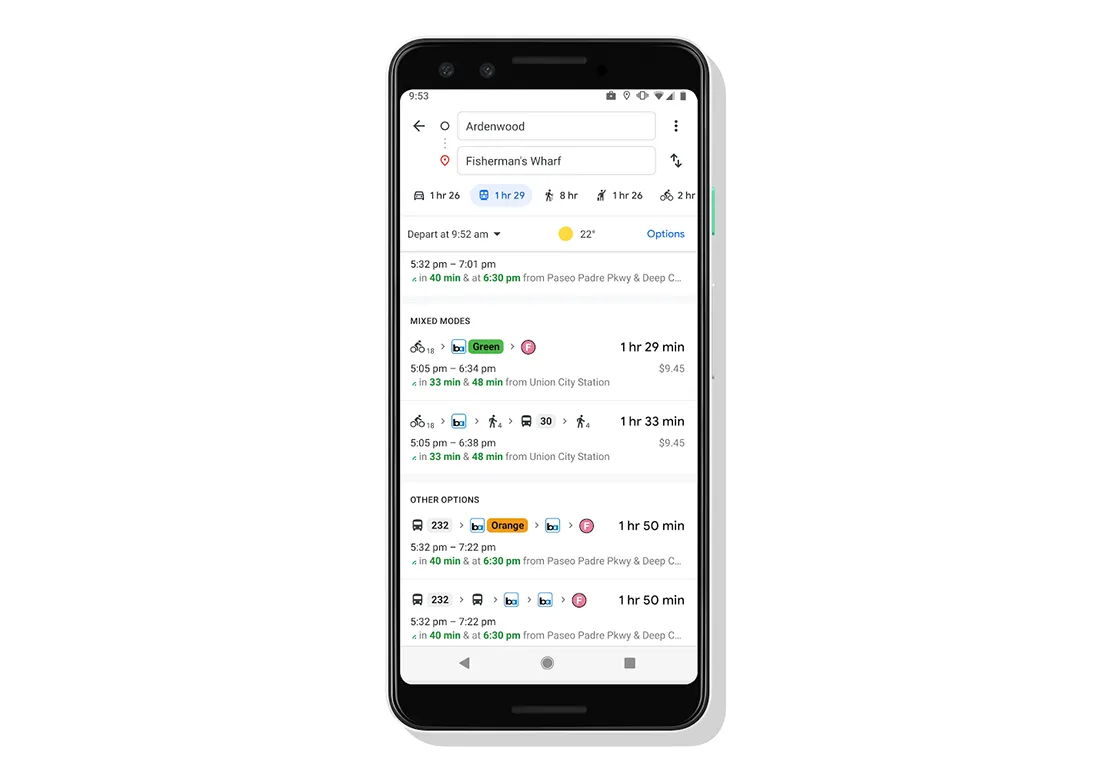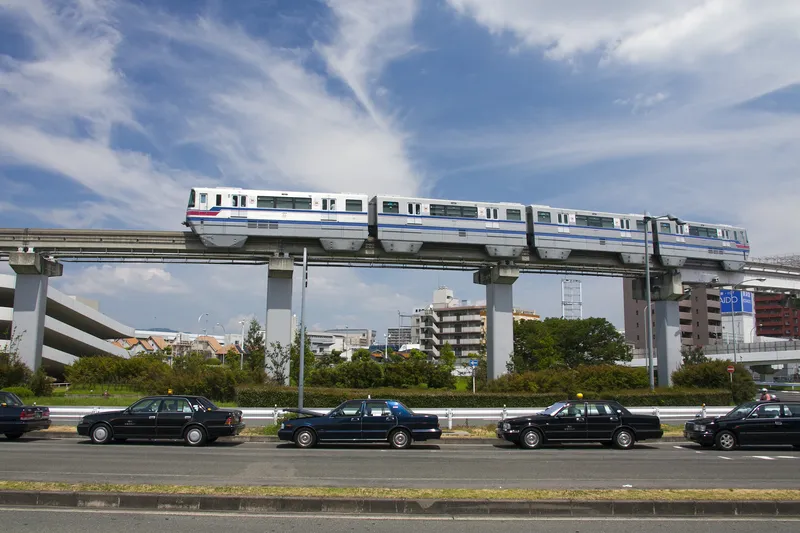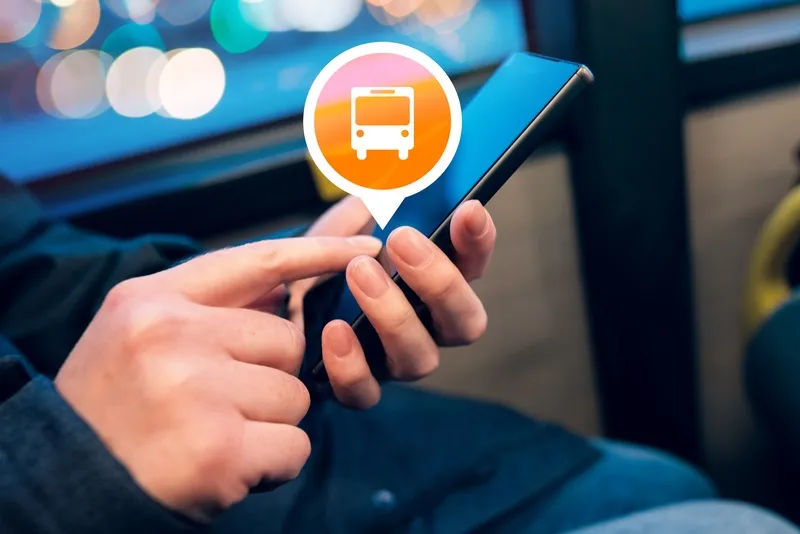Lyft is tweaking its app in a bid to make it easier for users to switch between different modes of travel - including scooters, bikes, public transit and car rentals.
February 6, 2020
Read time: 1 min

The ride-share firm has added shared bikes and scooters to its app over the past year and says more people are opting for its ‘greenest ride options’.
The app displays mobility options in a city and Lyft says it helps users find the safest routes for bikes and scooters.
The app will also allow users to compare the time and cost across different modes of transport and use the map to locate nearby bikes, scooters and public transit vehicles.
Lyft recently added protected bike lanes - marked in green in the iOS version of the app, with Android to follow soon - and bike-friendly routes to encourage more people to use two-wheeled transportation.








